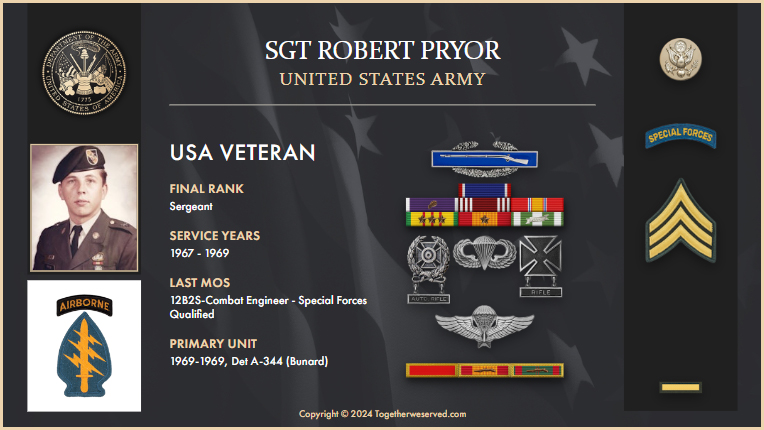
Why is this important?
Simply stated, it is one of the most effective ways we can show you what goes into the research process, and the many, many people—researchers, clinicians, VAMC staff, Veteran volunteers, VSO leaders, and others—who work every day of the year to improve the health and health care of Veterans.
Let me explain further.
First, the nature of scientific discovery is rarely quick, linear, or easy to explain in a single press release. Each study is a building block; affirming—or equally significantly, negating, a finding—but all collectively leading to breakthroughs in our ability to treat conditions, prevent disease, and improve the quality of care for Veterans, and the patient population overall. So, when we announce, as we did last year, that researchers had developed an artificial lung prototype that mimics the structure of a natural lung, or a new insulin-based spray that help may ward off Alzheimer’s disease, we’re telling you about a discovery that itself is the end-result of numerous research studies before it, and innumerable person-hours devoted to proving or affirming that result. The best way to tell this story is to bring researchers, clinicians, and Veteran volunteers together in person—as VA medical centers have been doing all this week—and we will do here in Washington this Thursday at the Central Office Research Forum.
That brings me to my next point about why Research Week is important. Simply put, none of the breakthroughs in VA Research would be possible without the Veterans who volunteer to participate in research studies. Whether it’s taking a survey, being part of a focus group, undergoing diagnostic tests, or meeting with clinicians, these Veterans volunteers—in addition to serving on the frontlines of battle—generously give of their time to help scientists on the frontlines of medicine.
(It is also important to know that each research participant, before taking part in a research effort is fully informed about the particular study—including tests or procedures they may receive, as well as the benefits and risks that could result, and their rights as research volunteers.)
Over the years, we’ve also learned, as our Veterans have, that volunteering in itself has benefit, and at this Thursday’s Central Forum in Washington, attendees will hear about two projects where that has been the case.
One project is POWER, which stands for POsts Working for VetERans’ Health, and is driven in large part by local VSOs. Based at the Clement A. Zablocki VAMC in Milwaukee, POWER is a peer-to-peer (Veteran-to-Veteran) counseling project to improve self-management of hypertension. With POWER, VSO leaders learn about the importance of a healthy lifestyle and active engagement with health care providers, and then counsel fellow VSO members on the same during monthly meetings. At this week’s Forum, POWER program leaders will discuss how Veterans receiving health information and support from their peers were better able to manage their weight, more willing to check their own blood pressures, and reported improved overall health compared to Veterans who received advice from trained health care professionals.
Another project is TRACTS, the Translational Research Center for Traumatic Brain Injury and Stress Disorders at the VA Boston Healthcare System Center of Excellence. This project, which has been drawing record numbers of volunteers from the greater Boston area, focuses on improving treatment of TBI and co-occuring PTSD in our newest generation of Veterans. TRACTS so thoroughly and personally engages study volunteers that Veterans who participate often gain a personal understanding of their condition and are more hopeful about their future.
Finally, a third reason why VA Research Week is important is that it enables us to clearly demonstrate what distinguishes our research program from all others, public and private: our connection to the VA health care system. With more than 60 percent of VA researchers also VA clinicians—we can more quickly take what we learn from research and use it in everyday care for Veterans.
These are just three of the reasons why Research Week is important. You can see and hear for yourself by joining us in person at Central Office Forum this Thursday, beginning at 8:30 am in Room 230, or by tuning into the VA Knowledge Network-Channel 3. And drop by VA Research for more information.
Joel Kupersmith, M.D., is the Chief Research and Development Officer of the Veterans Health Administration, where he oversees VA’s vast medical research program.
Topics in this story
More Stories
Summer can be a joyful time of year, but some outdoor activities can be hard for some Veterans. In this guest post, former VA Secretary Bob McDonald shares resources and plans to navigate summer activities.
"A CAPITOL FOURTH" airs on PBS Thursday, July 4, 2024 from 8:00 to 9:30 p.m. E.T.
The following is an account from Army Veteran Robert Pryor on how he was able to find and reconnect with the pilot who saved his life in Vietnam.






